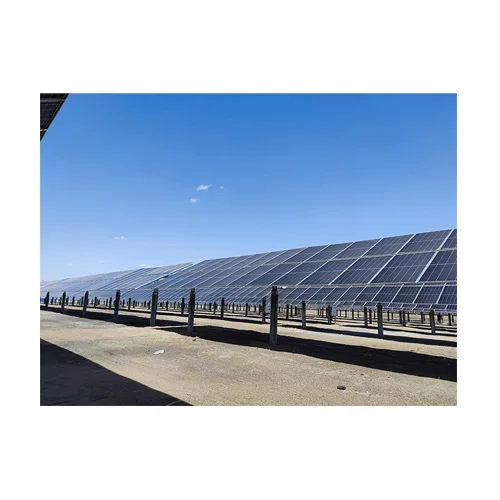In an era where sustainability and cost-effectiveness are paramount, understanding the cheapest types of transport is essential for both individuals and businesses. This article delves into various transportation modes, analyzing their costs, benefits, and environmental impacts, while providing practical insights for making informed choices.
Understanding Transportation Costs
Before we explore specific modes of transport, it’s crucial to understand the factors that contribute to transportation costs. These include:
- Fuel Efficiency: The amount of fuel consumed per mile or kilometer.
- Maintenance Costs: Regular upkeep and repairs required for vehicles.
- Initial Investment: The upfront cost of purchasing or leasing a vehicle.
- Insurance: Costs associated with insuring the vehicle.
- Depreciation: The reduction in value over time, which affects resale potential.
By evaluating these factors, individuals and businesses can better assess which transportation options are the most economical in the long run.
The Cheapest Types of Transport
- Walking
Walking is undoubtedly the cheapest mode of transport. It incurs no direct costs and has numerous health benefits. For short distances, walking not only saves money but also contributes to physical fitness and reduces carbon emissions. Urban planners are increasingly recognizing the importance of walkable cities, which enhances community engagement and reduces reliance on motorized transport.
- Bicycles
Bicycles represent a cost-effective and environmentally friendly alternative to motor vehicles. The initial investment in a bicycle is relatively low, and ongoing costs include minimal maintenance and occasional repairs. Biking promotes physical health and reduces traffic congestion. Many cities are investing in cycling infrastructure, making it safer and more accessible for commuters.
- Public Transportation
Public transportation systems, such as buses, trams, and subways, offer an economical way to travel, especially in urban areas. The cost per trip is significantly lower than owning and maintaining a personal vehicle. Additionally, public transport reduces the number of cars on the road, leading to decreased traffic congestion and lower greenhouse gas emissions. Many cities offer monthly passes that further reduce costs for regular commuters.
- Carpooling and Ridesharing
Carpooling and ridesharing services like Uber and Lyft provide flexible and cost-effective transportation options. By sharing rides, individuals can split fuel and parking costs, making it cheaper than driving alone. Furthermore, these services can reduce the number of vehicles on the road, contributing to lower emissions and less traffic congestion.
- Motorcycles and Scooters
Motorcycles and scooters are often more fuel-efficient than cars, making them a cheaper alternative for personal transport. They require less maintenance and are easier to park, which can save time and money in urban settings. However, safety should be a priority, as riding a motorcycle or scooter can pose higher risks compared to other modes of transport.
- Electric Vehicles (EVs)
While the initial cost of electric vehicles can be higher than traditional cars, they offer significant savings in fuel and maintenance over time. With the rising availability of charging stations and government incentives, EVs are becoming an increasingly economical choice for long-term transport. Additionally, they contribute to reducing air pollution and dependence on fossil fuels.
Conclusion: Making Informed Transportation Choices
When considering the cheapest type of transport, it’s essential to evaluate not only the direct costs but also the broader implications of each mode. Factors such as environmental impact, health benefits, and convenience should also play a role in decision-making.

More Stories
Discover the Advantages of TOPSTAR Electric Bikes for Commuting: Reviews Inside!
FAMA Traffic’s Skill Guide on Preventing Phantom Effects in Directional Signals with Fresnel Lenses
Experience the Freedom of Riding with the 110cc Cub Motorcycle